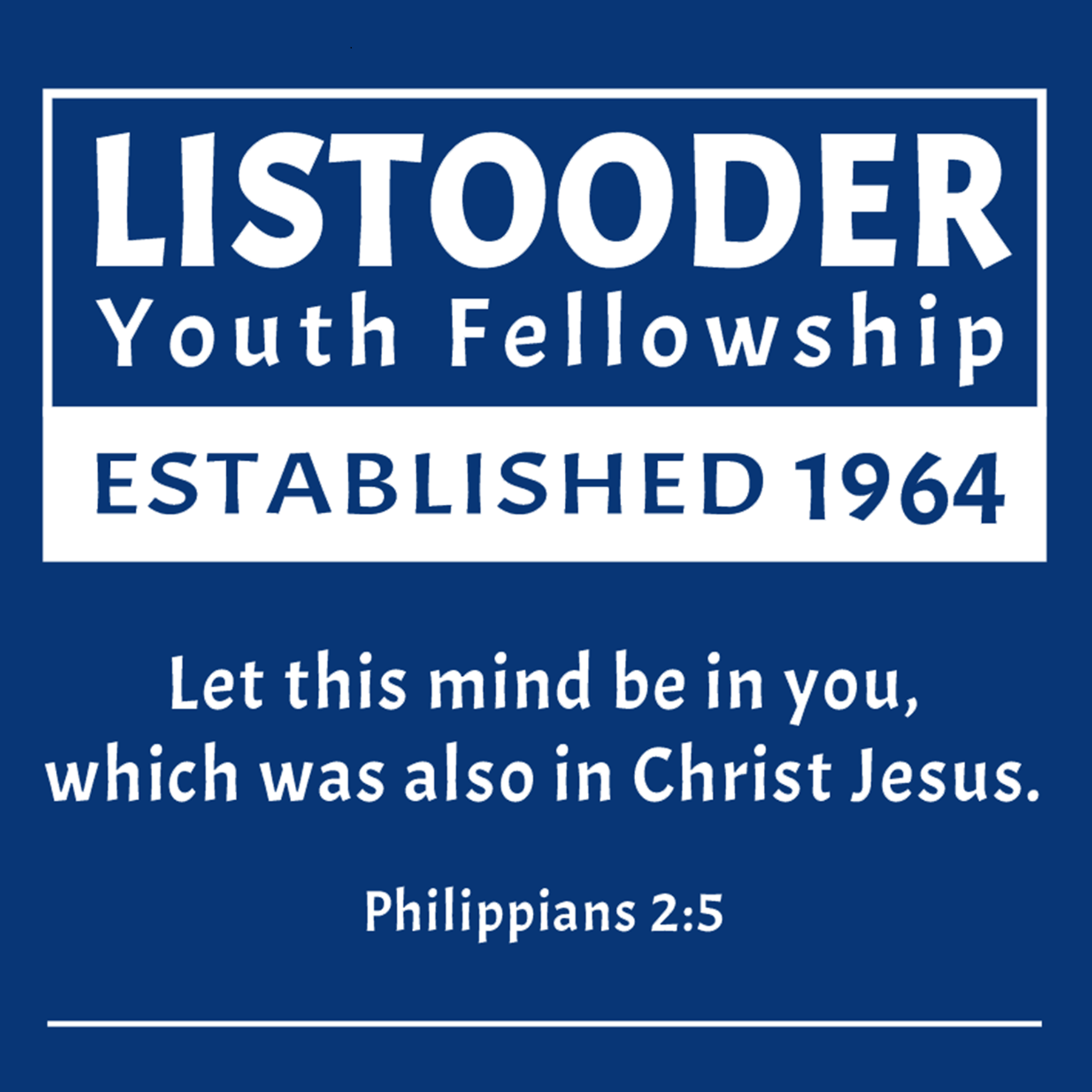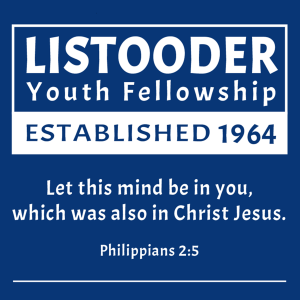
22K
Downloads
217
Episodes
Committed to the Principles of the Word of God we aim to faithfully proclaim the gospel of Jesus Christ and to encourage young believers spiritually.
Committed to the Principles of the Word of God we aim to faithfully proclaim the gospel of Jesus Christ and to encourage young believers spiritually.
Episodes

Sunday Feb 20, 2011
Why Worry? - Bob McConnell
Sunday Feb 20, 2011
Sunday Feb 20, 2011
In the recent installment of Listooder’s popular ‘Amongst Ourselves’ format, where the regulars take part in the meeting, a terrific crowd came out to the hall to enjoy the fun. Ably led by Faith Dane, the meeting was first handed over to Ruth Dane who gave a word of testimony, focussing on the faithfulness of God in her life. Ruth’s testimony was followed by a cotton-wool inspired challenge, in the form of George McFadden’s quiz, assisted by Philip and David Pentland, once again pitting the left side of the hall against the right. Once the comotion had died down, Bob McConnell brought the meeting to a close with some simple, yet fundamental thoughts on the subject of Worry. Reading from Matthew chapter 6, Bob considered the command of Christ in verse 11 to request our daily bread. Despite the acknowledgement in verse 8 that God already knows our thoughts and needs, He still commands us to request this daily provision. As Believers, God will provide our every need, without fail. Yet we still worry about every little thing. We worry about money, we worry about work, we worry about our health, our looks and our future. But in Matthew chapter 6 we are reminded of the birds, the soul-less creation of God. They don’t work. They don’t worry, yet they survive. They have a heavenly provider who cares for their every need, and as we read in verse ‘are ye not much better than they’. If God can take care of the birds, then surely He can take care of us, who were created in His own image. Three times in the chapter, the Lord commands us to ‘take no thought’, to have no anxiety regarding these things, no worries, no fears. It is a command we should all obey, and yet we fail time and again. A lack of faith in what God can do for us is what leads to our anxiety, and where a weak faith leads to worry, worry leads to discontentment. In Philippians 4:11, the apostle Paul declared ‘I have learned, in whatsoever state I am, therewith to be content’. It was not something that came naturally to Paul, it is not something that comes naturally to us, but we must learn to be content. We must pray for that understanding of true contentment. In Luke chapter 10, Martha fretted as she considered all that needed to be prepared for her guests. In the meantime her sister sat down at the feet of Jesus, seemingly oblivious to the work that needed done. As Martha complained to Jesus, the rebuke came back plainly and simply: ‘Martha, Martha, thou art careful and troubled about many things: but one thing is needful: and Mary hath chosen that good part.’ So what is it to be content? As verse 33 of Matthew 6 says, it is to ‘seek ye first the kingdom of God.’ Putting the things of God first will massively reduce the signifcance of the other things in our lives. If we put God first, then we can rightly claim the promise that ‘all these things shall be added unto you’. God first, denying our own selves, and our own desires. Learning to be content, praying for contentment and for the faith to fully appreciate what God has already given us. So what should we worry about? Firstly, we should worry about our eternal security. Are you saved? Have you taken the step in faith, whereby you have put your faith trust in the Lord Jesus Christ? Have you been washed in the blood of the Lamb? Secondly, if you are saved, then how is your walk with God? It is only by walking close by His side that we will fully experience the blessings and provisions that God freely gives to His children. ‘Godliness with contentment is great gain’. 1 Timothy 6:6

No comments yet. Be the first to say something!